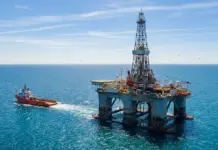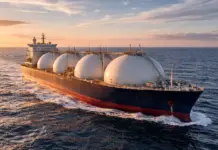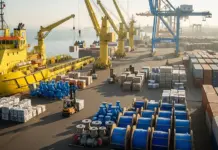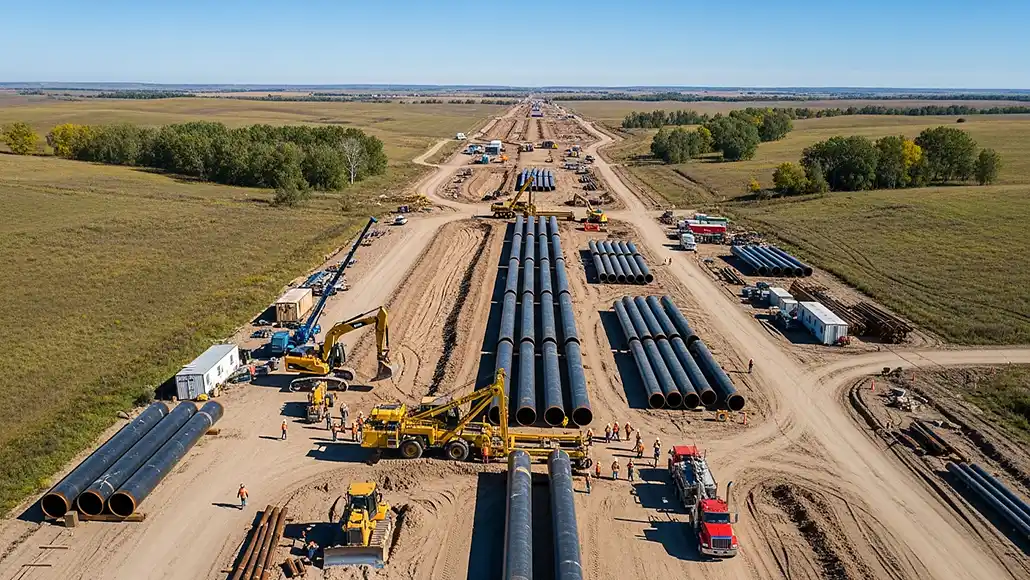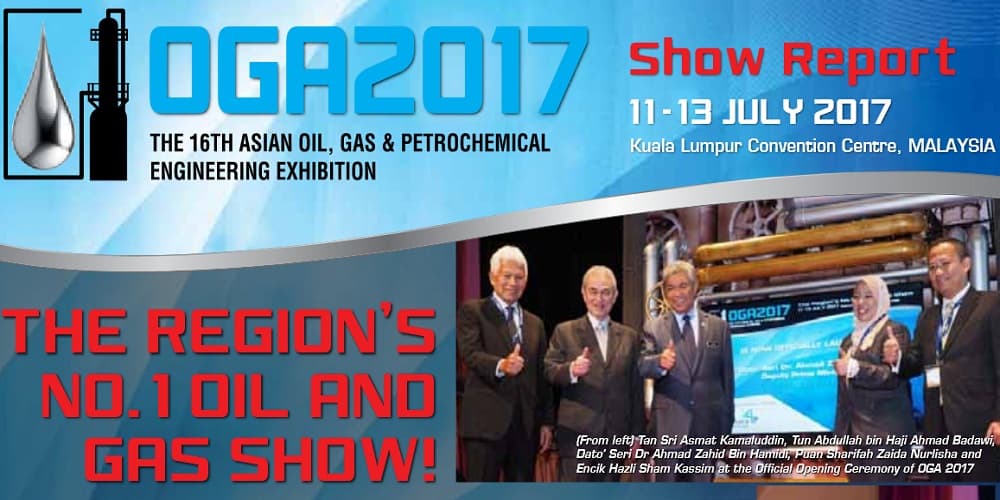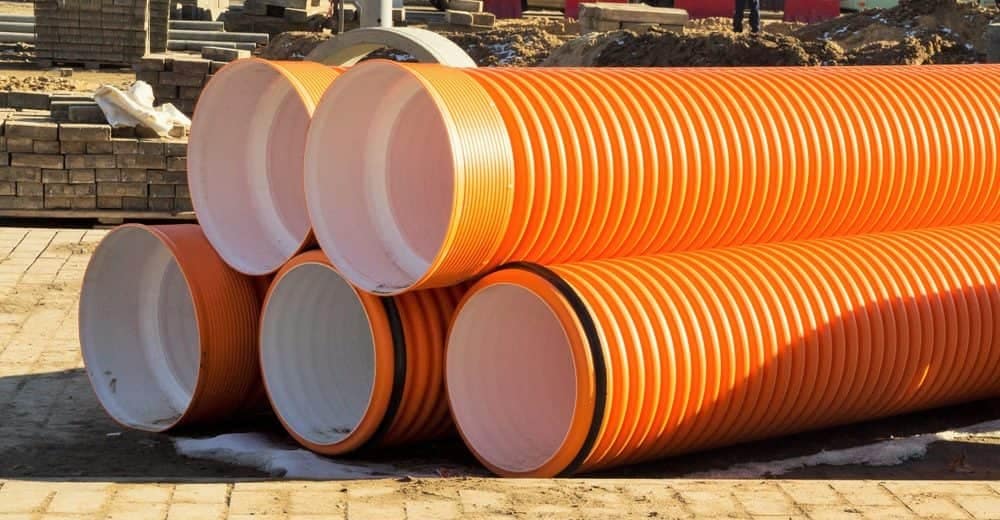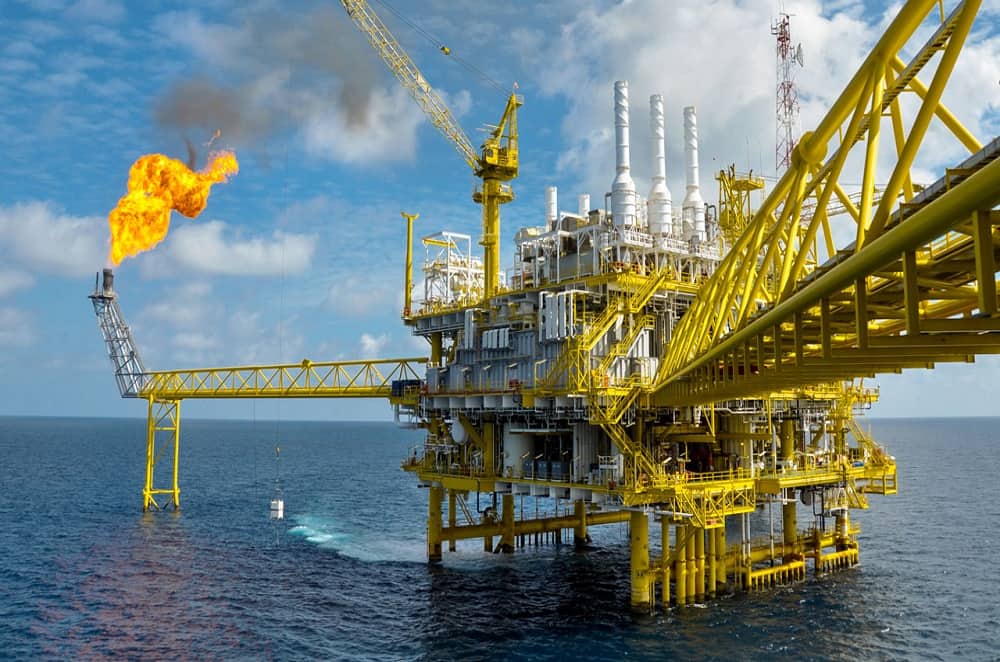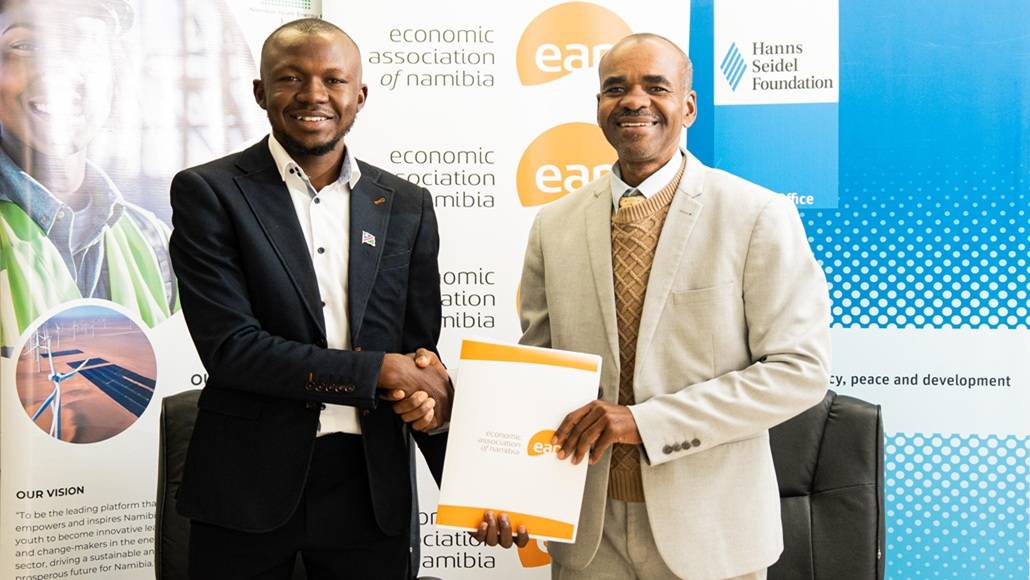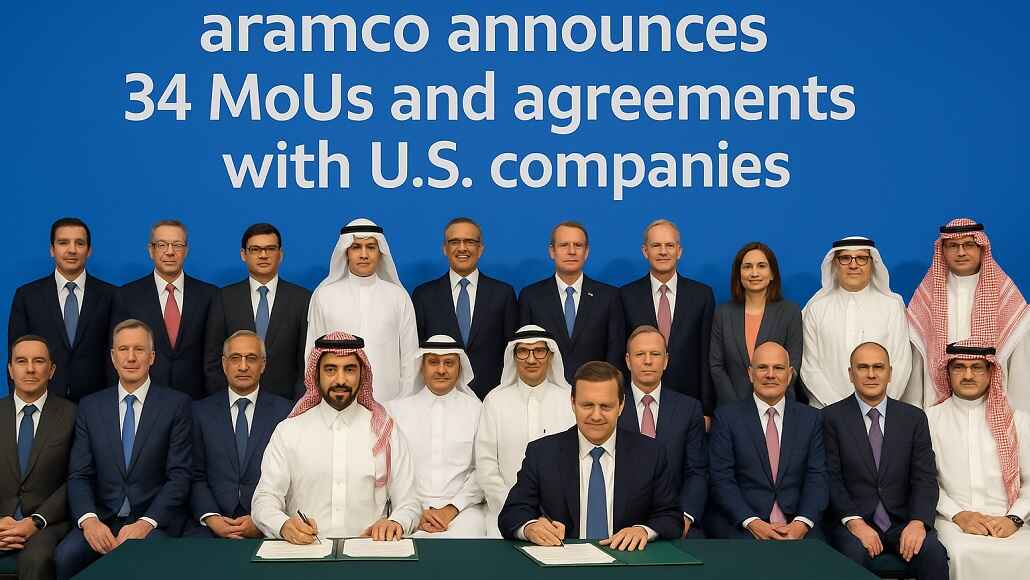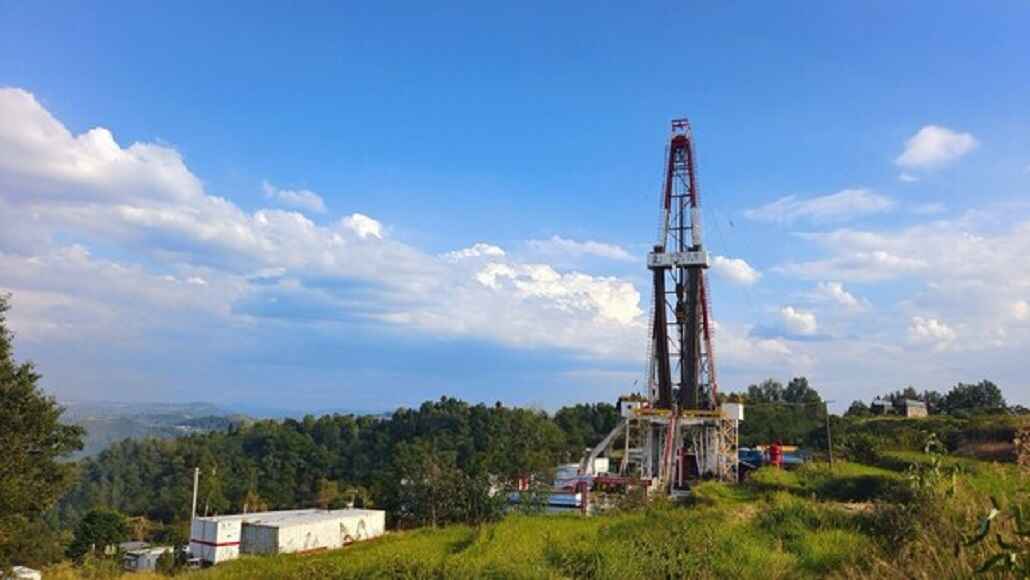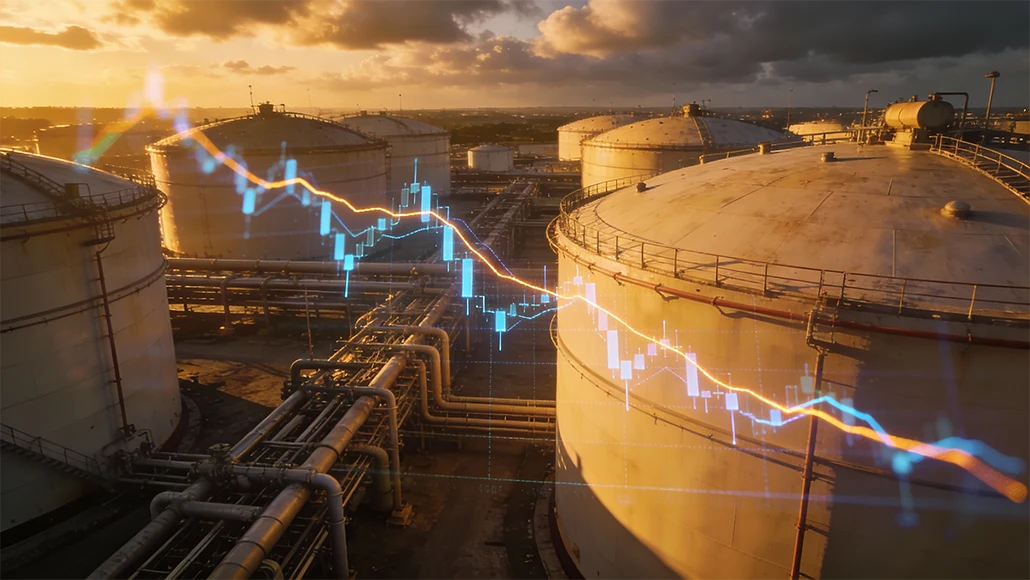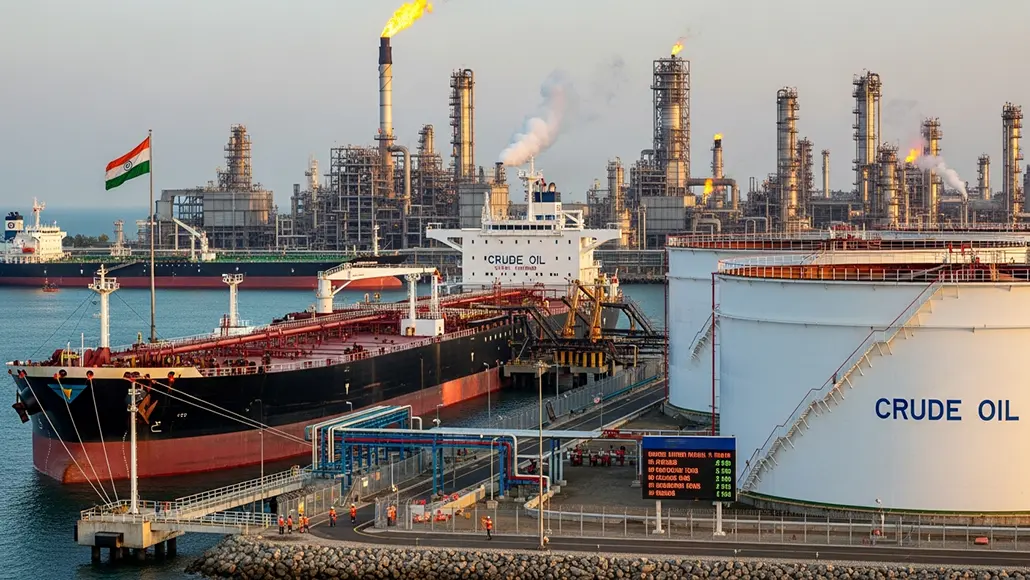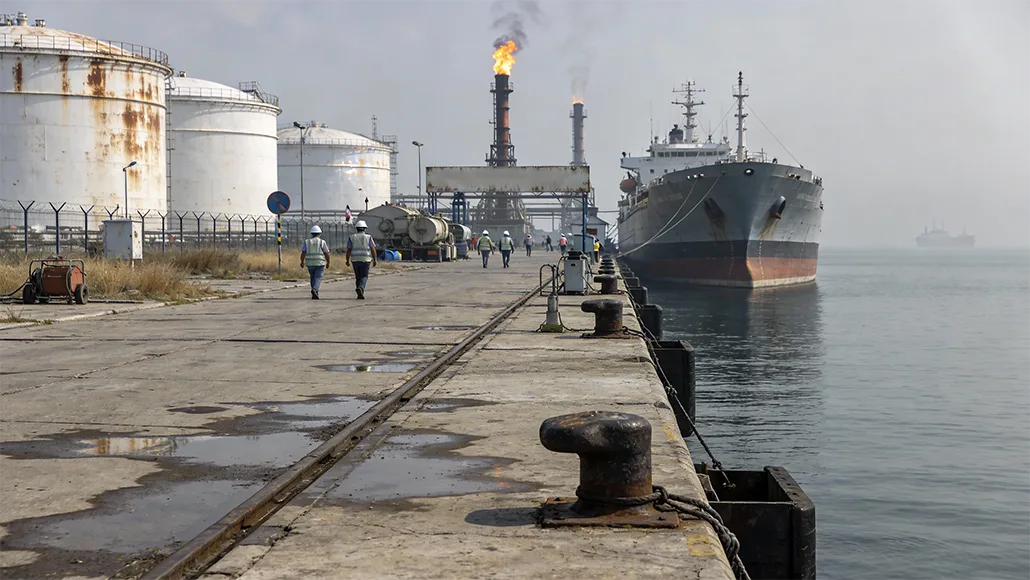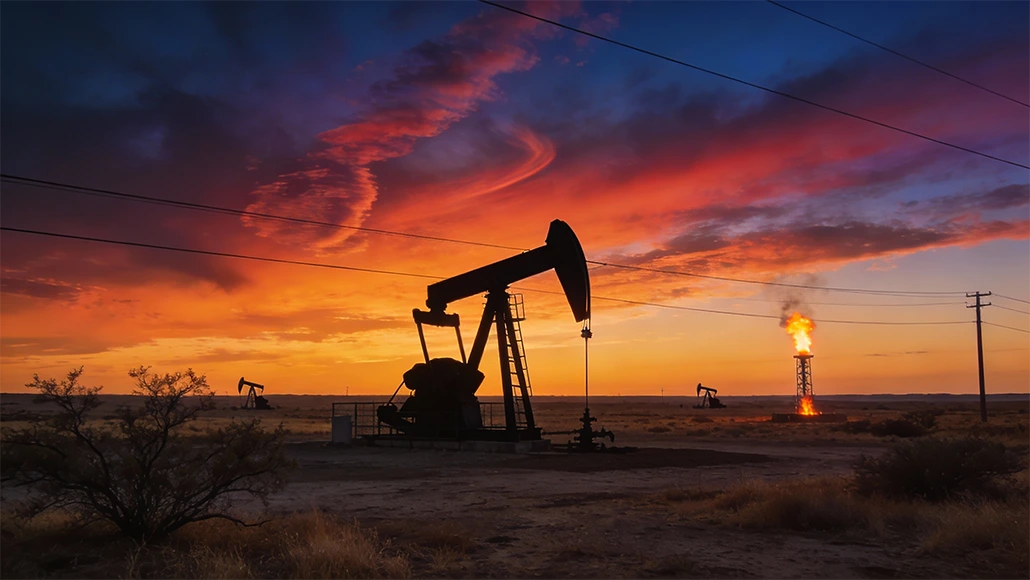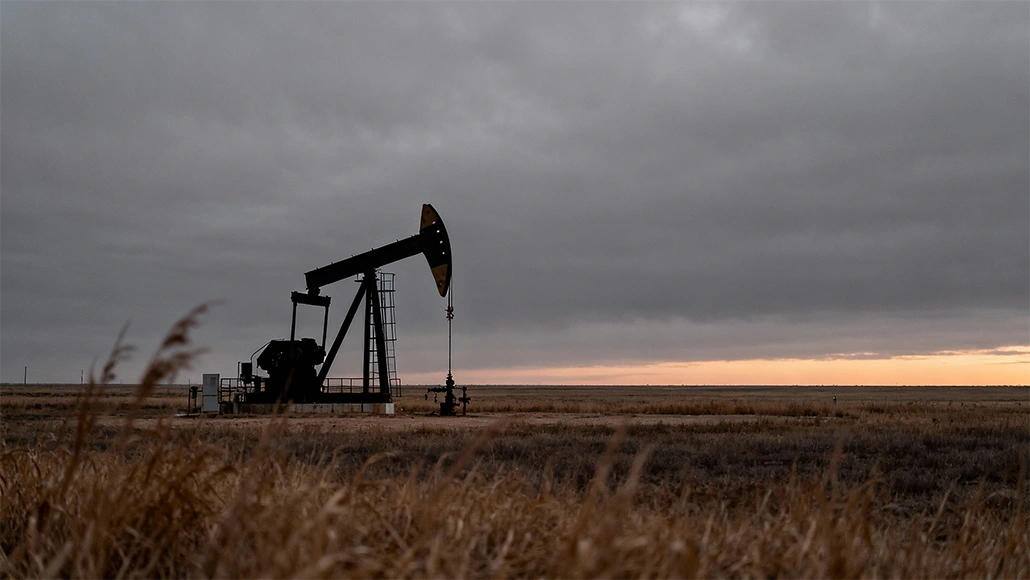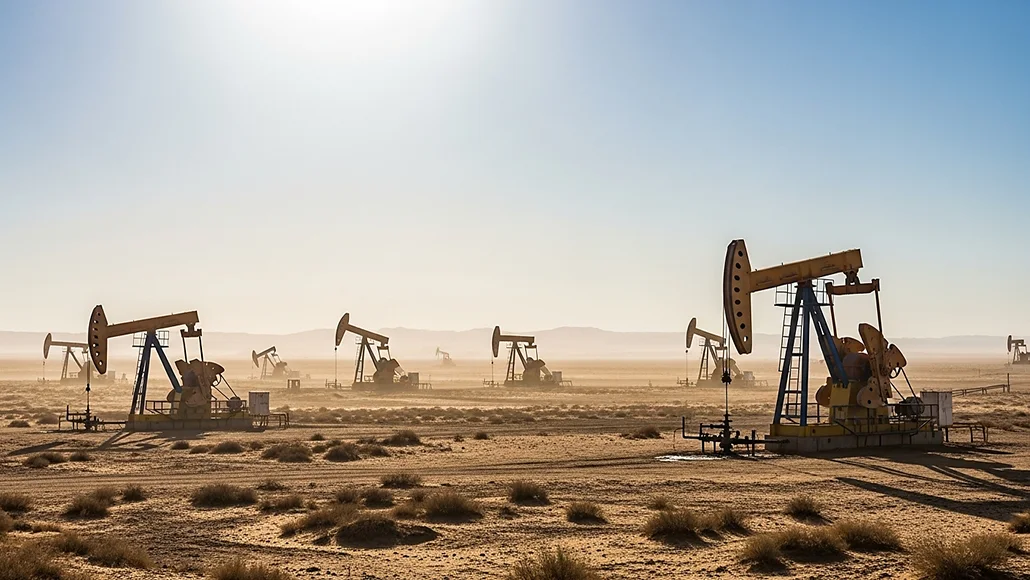Collective action within OPEC+, the oil producer group, happens to be in the long-term interests of Russia, Saudi Arabia, Deputy Prime Minister of Russia Alexander Novak told the Energy Minister of Saudi Arabia, Prince Abdulaziz bin Salman, in Moscow on October 15, as per a Russian government statement.
Saudi Arabia and Russia, which happen to be the two top OPEC+ producers, have gone on to recently navigate the tensions on oil output policy, with Riyadh looking to have accelerated supply increases and Moscow advocating a much slower pace, as per sources having knowledge of OPEC+ talks.
After Novak met the Saudi minister, the Russian statement said that the deputy prime minister noted that collective action in OPEC+ is indeed in the long-term interests of Russia, Saudi Arabia, and the fact is that it contributes to making the economies of both countries robust.
Joint energy projects have been discussed
It is well to be noted that Russia’s comments, underscoring the benefits of the alliance for Moscow and Riyadh, were made at the time of the visit of top OPEC officials to Moscow at the Russian Energy Week conference.
Novak, as well as Prince Abdulaziz, also discussed the possibility in terms of developing joint projects in hydroelectric, LNG, and nuclear energy, the statement said.
OPEC+ groups the Organization of the Petroleum Exporting Countries along with Russia and other allies and also pumps almost 50% of the world’s oil. In 2025, OPEC+ is apparently pumping more barrels so as to regain market share after years of slashes in order to support the market.
Still, there is a more cautious approach that has been taken by OPEC+ when it comes to the latest output decisions with regard to the concerns about a glut.
OPEC doubles down on oil’s long-term role
Earlier in the day, the secretary general of OPEC and Prince Abdulaziz pushed back against the predictions related to a faster transition to cleaner fuels.
OPEC has constantly argued that oil demand is going to continue rising for decades, disagreeing with the International Energy Agency (IEA), which predicts demand is going to peak soon.
Haitham Al Ghais, the OPEC Secretary General, said at the conference that rising economies, growing populations, and urbanization have led to one clear signal that the world is going to need much more energy as compared to what it is consuming today.
OPEC asks for more investment in oil industry
Al Ghais also predicted that oil would continue to comprise about 30% of the worldwide energy mix by 2050 and predicted a 23% growth in the primary energy demand by that year.
Apparently, OPEC has been calling for more oil industry investment and remarked in a July report that the sector required $18.2 trillion to be spent by 2050, which is up from a $17.4 trillion prediction that was made in 2024.
According to the IEA, in 2021 there should be no investment when it comes to new oil and gas projects if the world was indeed serious pertaining to meeting climate objectives; however, in a September report, it confirmed that investment was needed so as to offset the supply losses.
As per Prince Abdulaziz, energy security as well as economic prosperity happened to be the prerequisites when it comes to successful climate action.
Without the energy security and economic prosperity, he added that he doesn’t think one is going to be able to attend to sustainability and, along with it, climate change.
He went on to single out Europe, stating that it was struggling with the barrier of moving away from the established energy infrastructure to the uncertain choices.




